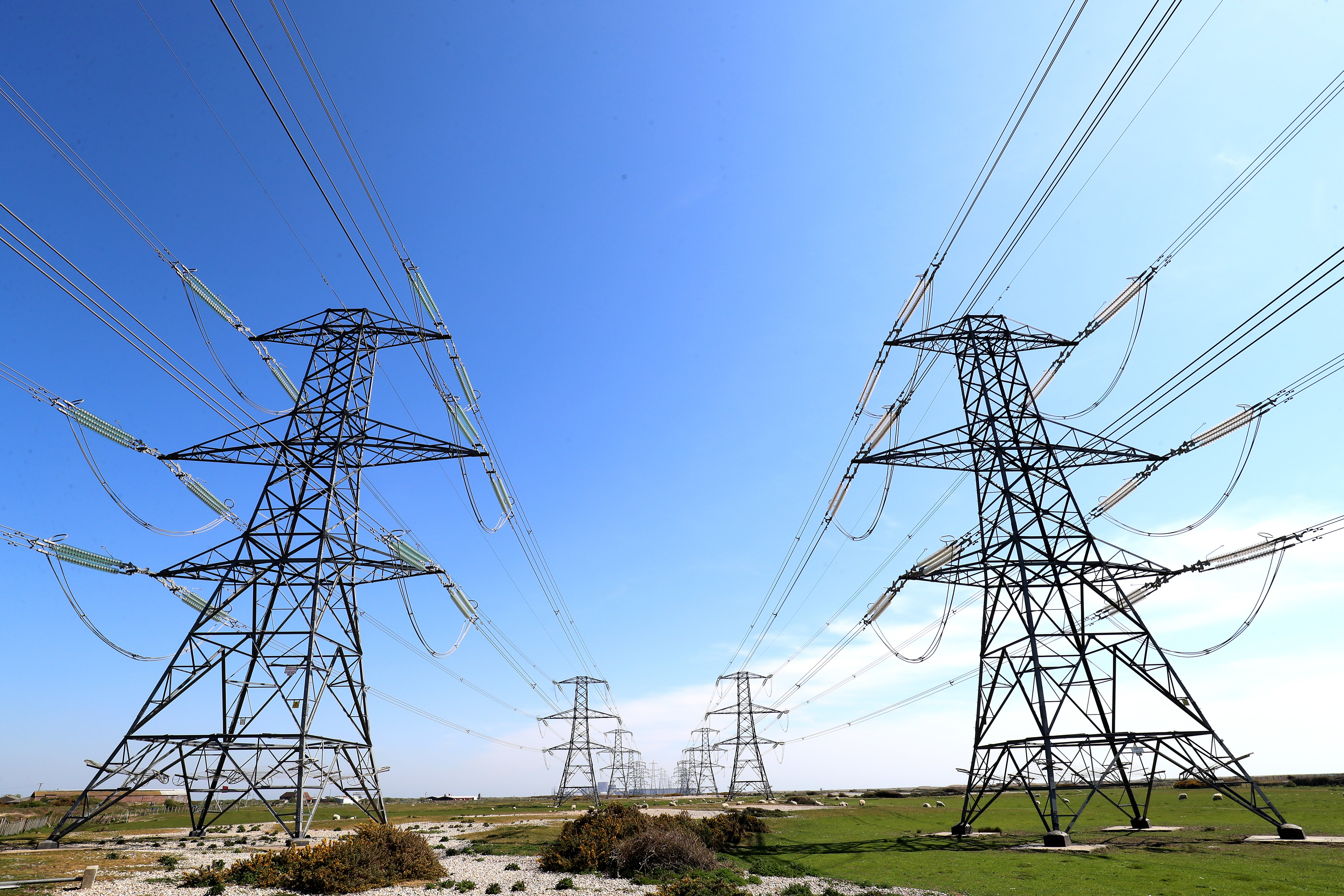National Grid will pay Brits to switch off energy tonight in bid to prevent blackouts
Energy suppliers will effectively pay households who have signed up around £3 for every unit they save
Your support helps us to tell the story
From reproductive rights to climate change to Big Tech, The Independent is on the ground when the story is developing. Whether it's investigating the financials of Elon Musk's pro-Trump PAC or producing our latest documentary, 'The A Word', which shines a light on the American women fighting for reproductive rights, we know how important it is to parse out the facts from the messaging.
At such a critical moment in US history, we need reporters on the ground. Your donation allows us to keep sending journalists to speak to both sides of the story.
The Independent is trusted by Americans across the entire political spectrum. And unlike many other quality news outlets, we choose not to lock Americans out of our reporting and analysis with paywalls. We believe quality journalism should be available to everyone, paid for by those who can afford it.
Your support makes all the difference.The National Grid will tonight offer discounts on bills to more than a million households who cut their use of energy during peak times.
The electricity grid generator is getting ready to activate its Demand Flexibility Service for an hour on Monday. The scheme encourages people with smart meters to cut down on their electricity use during peak times as demand rises during the cold weather.
Energy suppliers will effectively pay households who have signed up around £3 for every unit they save. The scheme will run between 5pm and 6pm on Monday.
Twenty-six suppliers have joined the scheme, including British Gas, EoN, Octopus Energy and EDF, and hundreds of thousands of households have signed up to take part.
National Grid ESO is also readying coal power plants in anticipation for increased demand for energy as the cold snap continues.
They said that they have “instructed coal-fired power units to be available to increase electricity supplies should it be needed”.
National Grid ESO added that “electricity supply margins” are expected to be tighter than normal on Monday evening.
It is thought that the Drax power station in North Yorkshire and at West Burton in Nottinghamshire have been instructed to start warming up.
Three coal plants, which are on standby, had been set for retirement this year. However, their lives were extended through this winter in a bid to bolster Britain’s energy security during the crisis caused by the war in Ukraine.
There is a yellow warning in place in England for freezing fog on Monday, covering Yorkshire, the southeast and the Midlands.
Visibility could dip as low as 50m and forecasters have warned of an increased chance of accidents or injuries. Drivers have been told to expect probably slower travel times.
What is the Demand Flexibility Service scheme?
Under the scheme, energy suppliers will pay households to save energy during peak times. Households who have signed up will be notified by their supplier that they can be paid to cut usage between 5pm to 6pm from Monday 23 January. Energy companies involved will pay around £3 per unit, but some households have agreed £6 per unit for Monday evening. Suppliers signed up to the scheme include British Gas, Octopus Energy, EoN and EDF and households wishing to be involved must have a second generation smart meter to apply with their energy company.
Some are now worrying Britain could face a longer period of cold weather in February if a polar vortex forms.
This weather phenomenon was partly responsible for the Beast from the East that hit Britain in late February and early March in 2018. It also contributed to December 2010’s Big Freeze.
Britain could face even more extreme weather due to a rare phenomenon known as sudden stratospheric warming, which would shunt large quantities of cold low-level polar air over the UK.
However, speaking to The Independent The Met Office suggested such predictions should be treated cautiously.

“For the week ahead in the northern half of the UK we’re actually seeing temperatures above normal, and that will continue until about Thursday.
“In the south we’re still on the rather cold side but I think with a little bit more in the way of cloud developing over the next few days. Nights probably won’t be as cold as they have been,” said Craig Snell, senior operational meteorologist at Met Office.
Referring to the sudden stratospheric warming, Mr Snell said: “It’s too early to say, one if we will have a stratospheric warming, two how that strong that stratospheric warming would be, and three how that influences the UK. Unfortunately, we won’t know that until we get into February.”
Additional reporting by PA.




Join our commenting forum
Join thought-provoking conversations, follow other Independent readers and see their replies
Comments